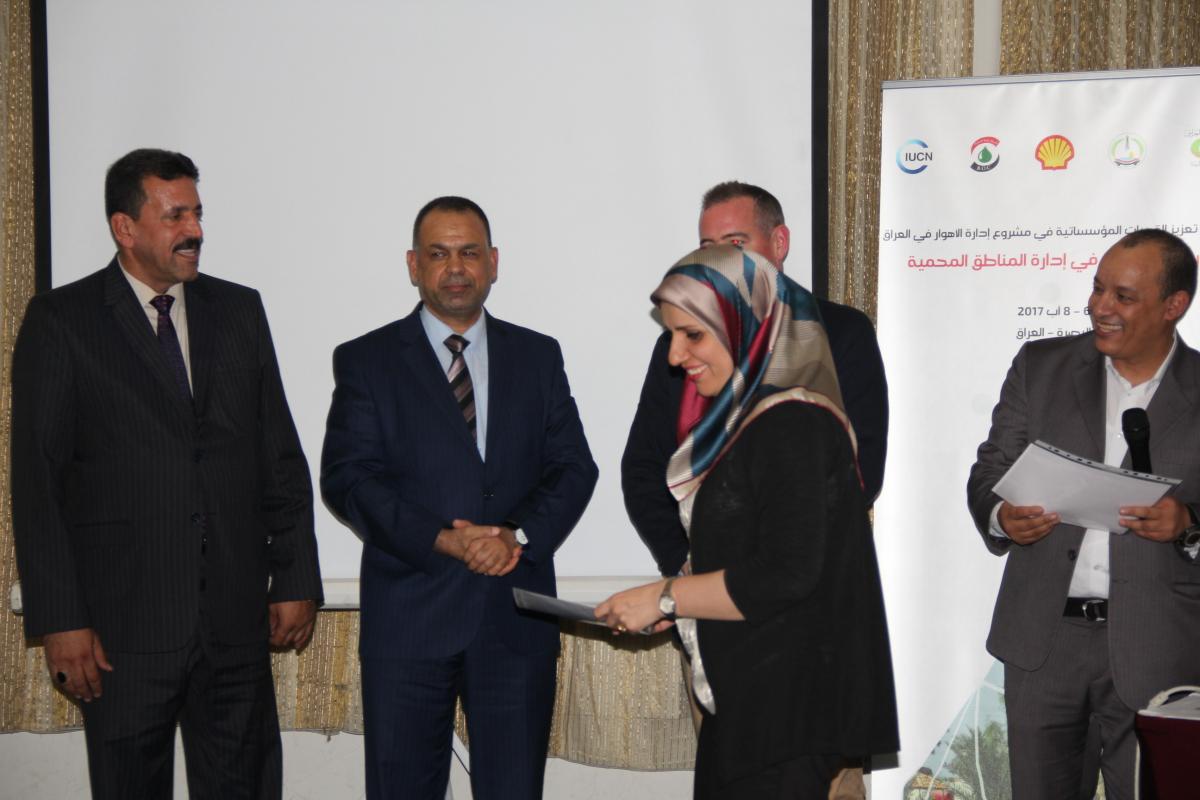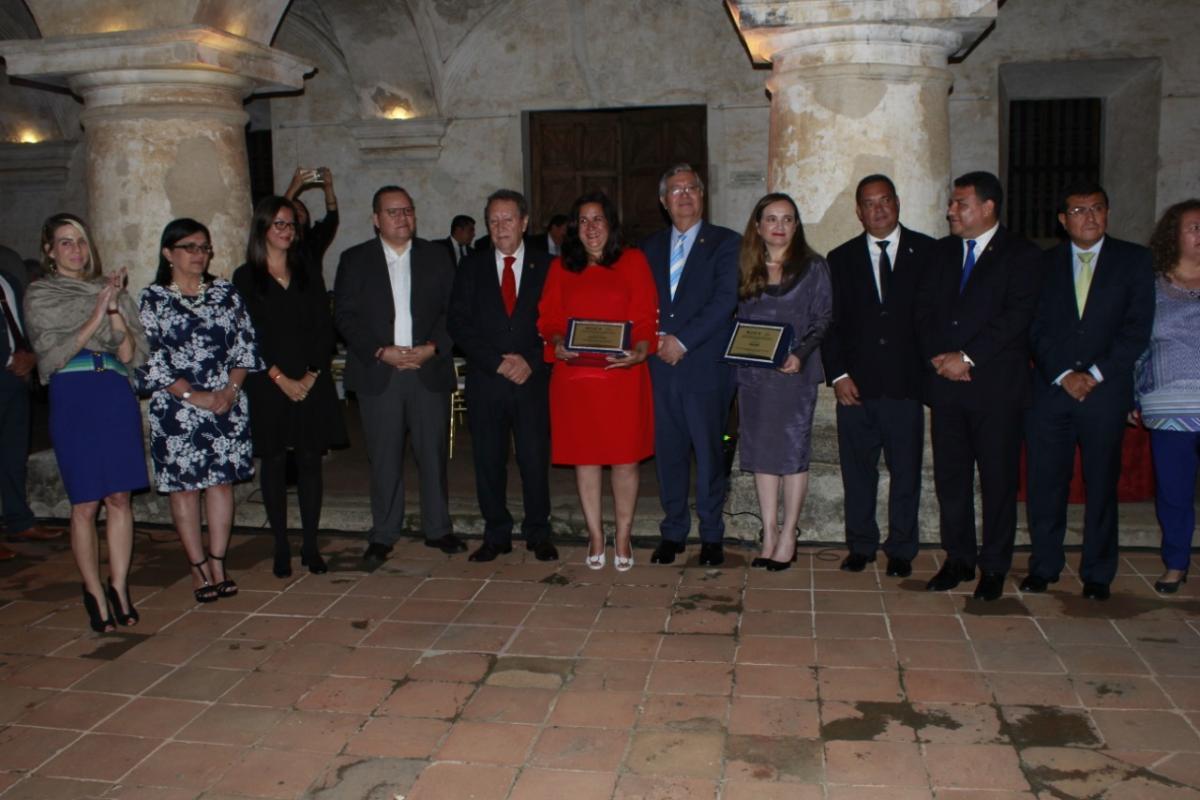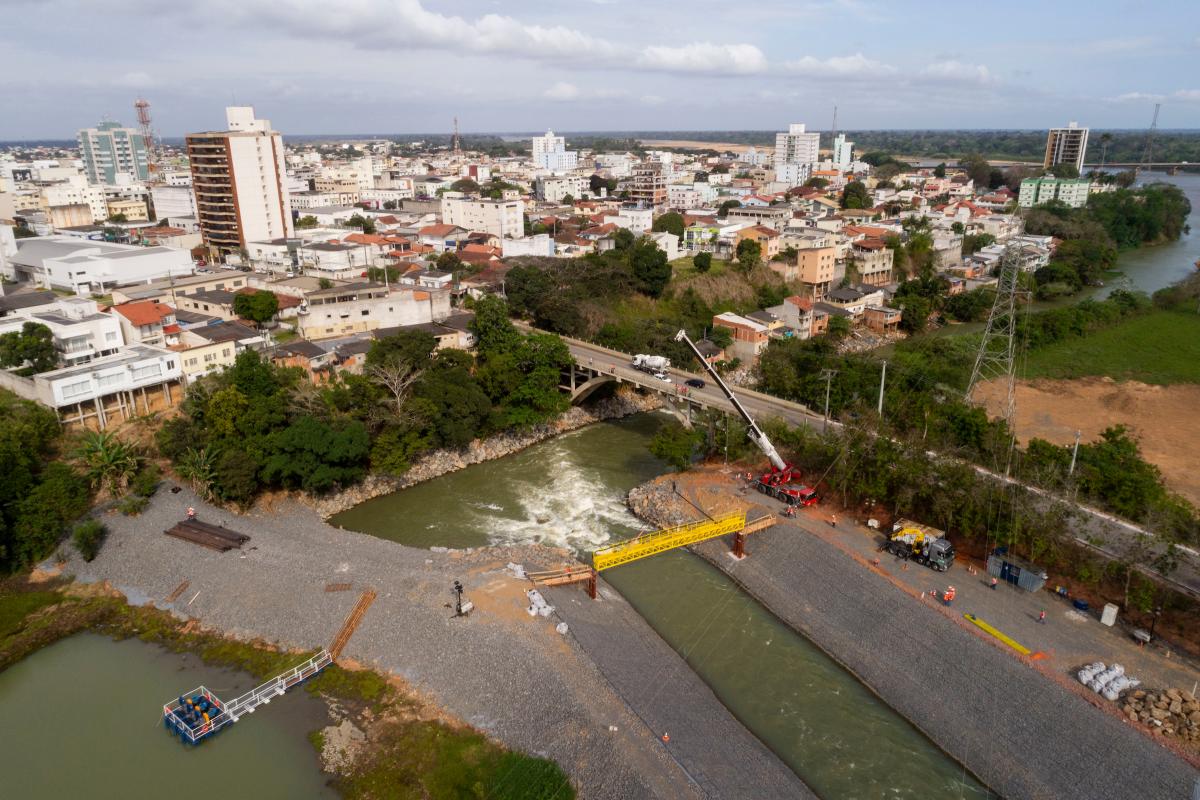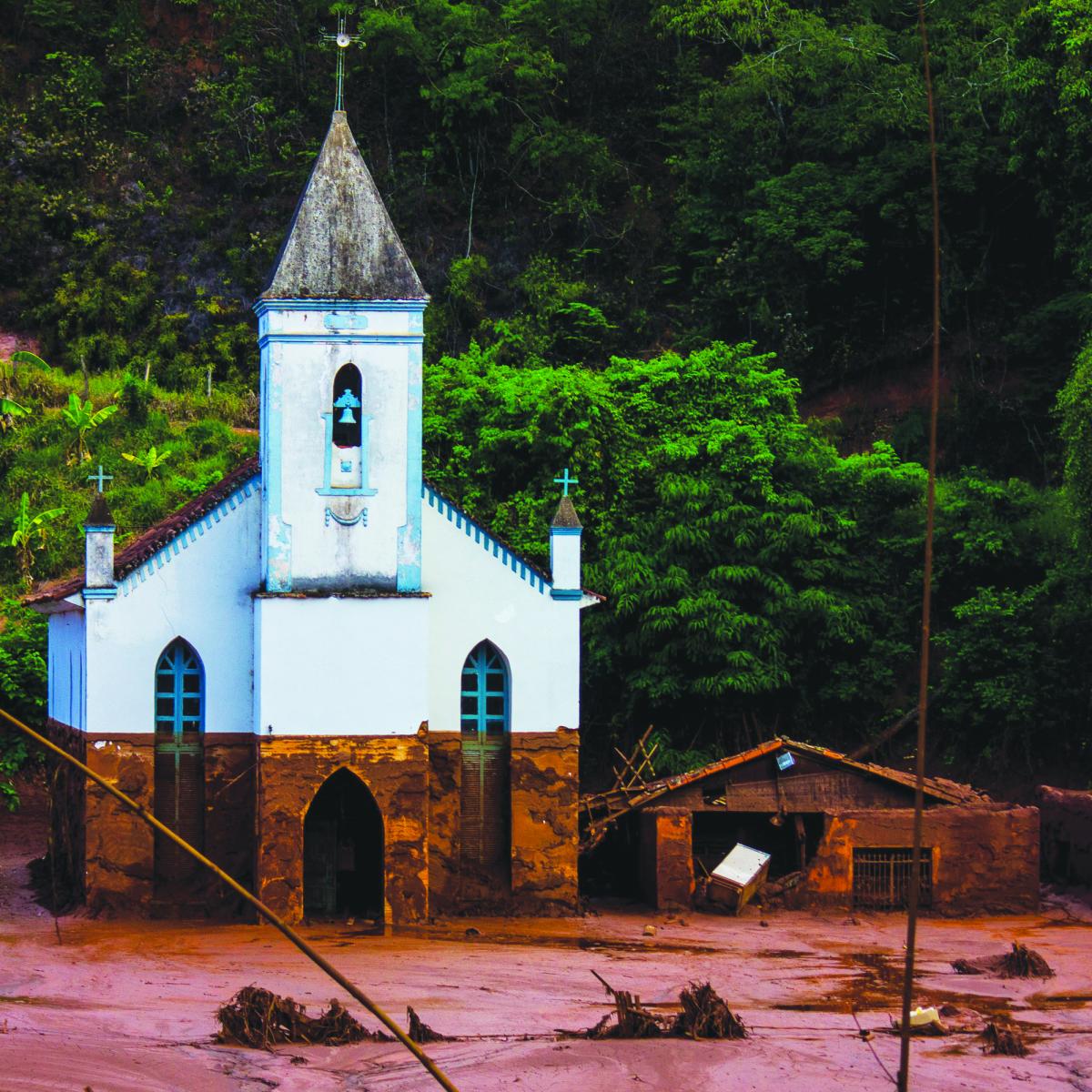Safeguarding the Mesopotamian Marshlands for local communities
Following years of degradation, Iraq’s world-renowned Mesopotamian Marshlands in the south of the country are still an important feeding area for migratory birds and home to many threatened species. The region also contains some of the richest oil reserves.

Photo: IUCN
At a three-day workshop hosted last year by IUCN’s West Asia Regional Office in Basra, Iraq, government officials and senior staff from the private oil and gas sector discussed the optimum means to help these important marshlands recover and ensure that they provide multiple benefits to local communities.
“We hope to agree on a roadmap and action plan to promote protected areas in the marshlands in a way that serves the local communities, as they are ones that can help environmental tourism and local handicrafts and industries flourish,” said Ahmad Hanon, Director of Protection and Improvement of Environment of Iraq, speaking on behalf of the Iraqi Government at the opening of the workshop.
Dr. Hany El Shaer, the Regional Programme Coordinator for IUCN’s Regional Office of West Asia, who delivered part of the training, said: “The Iraqi Marshlands of Southern Iraq – known as Al-Ahwar – are unique. It is one of the world’s largest inland delta systems in an extremely hot and arid environment. The workshop provided a platform for participants to examine information and practices on protected areas management. The training also enabled public and private officials to sensitize and prioritize their plans for the Iraqi Marshlands in the future.”
The workshop was part of an agreement between Shell Group and IUCN to conduct training workshops for government officials and other stakeholders in protected areas management in this region. Shell is the operator of the nearby Majnoon oil field.
The aim of the training was to enhance skills and organizational decision-making; offer a comprehensive understanding of protected areas management in relation to conservation of biodiversity and regional development; provide in-depth knowledge on applying a full range of tools for the management of protected areas; improve the ability to analyse and solve problems encountered when establishing, planning and managing protected areas, including facilitating stakeholder dialogues and implementing integrated solutions; and, develop skills that will bring about shared benefits for nature conservation and the local population.
As celebrations for World Wetlands Day – held every year on 2 February - get underway, IUCN is proud to partner with local Iraqi officials and Shell Group to help preserve this unique ecosystem and enhance local livelihoods.



